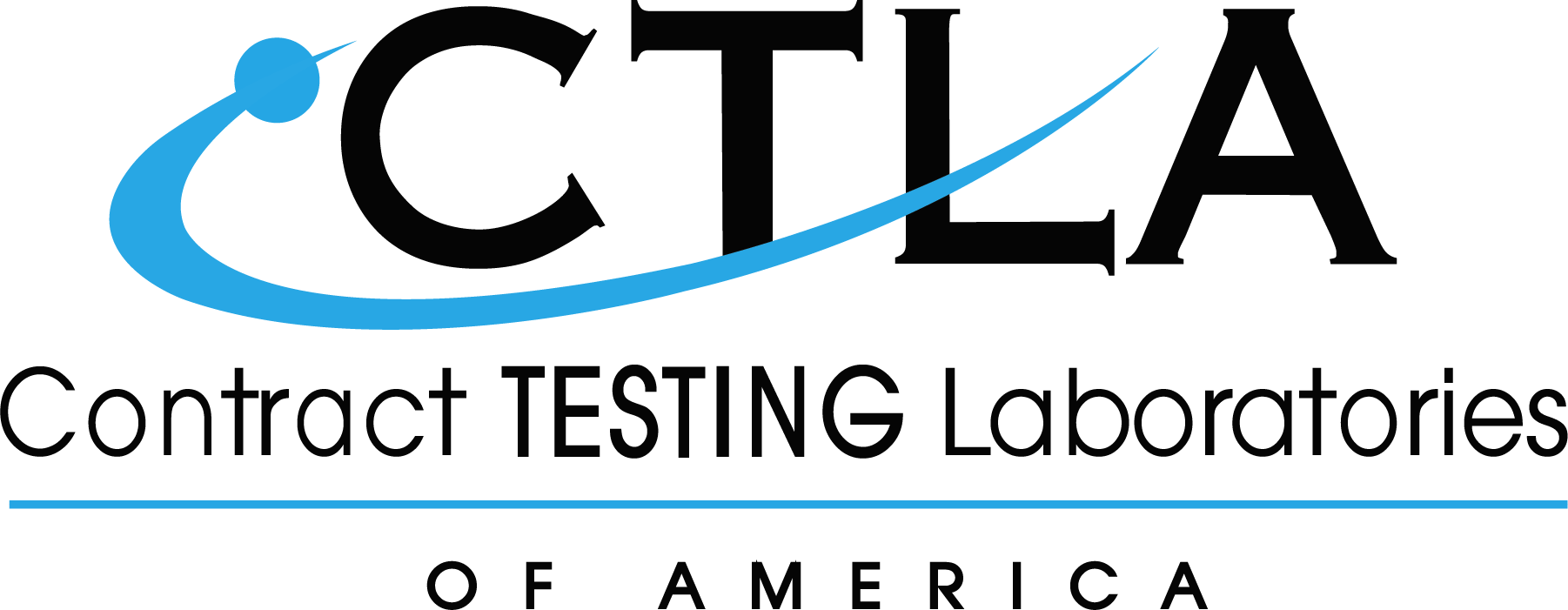Dietary Supplement Testing
CTLA’s services are designed to meet all the requirements of the United States (US) Food and Drug Administration (FDA) for dietary supplements and ingredients following the 1994 Dietary Supplement Health and Education Act (DSHEA). CTLA is a third-party testing facility to evaluate the safety and labeling of dietary supplement health products as required by US law.
The Supplement Market
Dietary supplement use is on the rise. In 2019, data collected from an online survey by the American Osteopathic Association shows that 86% of the people in the US take daily vitamins or supplements. Dietary supplements include various oils like fish oil, vitamins, minerals, amino acids, herbs, and enzymes intended to supplement the normal diet or to help promote better health. Individuals are taking dietary supplements for purposes like weight loss, heart health, joint health, to gain muscle, or to boost the immune system.

FDA Regulations for Dietary Supplements
To protect consumers and provide safe supplements, the FDA requires supplement manufacturers follow current good manufacturing practices (GMP). These practices include regulations for both raw materials and finished brand supplements.
For dietary supplement ingredients, laboratory testing is required to identify the composition and purity of the raw materials. For finished, consumer-ready supplements, laboratory testing is required to identify all of the ingredients in the supplement and the ingredient’s potency. Further testing is required to ensure the supplement contains no yeast or mold or other harmful microorganisms or heavy metals.
Under the DSHEA act, the FDA may remove a supplement from the market if they establish the product is unsafe or contains misleading or false label claims. Our mission here at CTLA is to ensure your product is safe and effective for consumers through extensive laboratory testing.
CTLA Dietary Supplement Laboratory Tests
Tests performed here at CTLA to identify raw materials or a supplement’s inactive or active ingredients and their potency include:
Fourier Transform Infrared Spectroscopy (FTIR) - To identify the composition of raw materials, we apply infrared radiation to a supplement sample. The material’s molecular construction and structure are identified based on the absorption of the infrared light at given wavelengths.
High-Performance Liquid Chromatography (HPLC) - We dissolve the supplement in a solvent. Then using high pressure, we push the dissolved supplement through a column to separate, identify, and quantify the different constituents contained in the supplement. We identify the supplement’s components based upon the amount of time it takes for each constituent to move through the column.
Microbiology Tests – To protect your brand from contamination of harmful microorganisms, we offer complete microbiology testing. This testing includes total plate count (TPC), yeast and mold (YM), salmonella, total coliforms, E. coli, staph aureus, and pseudomonas bacteria testing.
Metals – Arsenic, lead, mercury, and cadmium are known heavy metals found in soil and water with detrimental health effects when ingested at unsafe levels. The FDA monitors food, animal feed, cosmetics, and dietary supplements for safe heavy metal levels. We use Inductively Coupled Plasma (ICP) analysis to determine the level of heavy metals in all dietary supplement samples.
Additional Tests – Depending on your supplement type and form, we also provide:
- Protein and Amino Acids Content Testing for sports nutrition and weight management supplements.
- Allergen Testing for common allergens including wheat, soy, eggs, milk, peanuts, tree nuts, or fish.
- Stability and Preservative Efficacy Testing for product shelf life.
- Surface ATP Testing for measuring rapidly growing microorganisms.
- Vitamin Testing to identify and quantify individual vitamin content.
- Weight Variance Testing to ensure your supplement is safe and effective.
We can run one type of test on several samples to get a mean and standard deviation for your supplement set.

CTLA’s Laboratory Services for Third-Party GMP Certification
CTLA provides testing services for third-party supplement certification companies like Underwriters Laboratory (UL) or NSF International to ensure a dietary supplement manufacturer’s compliance with current GMP as outlined by the FDA. Once a company becomes UL or NSF certified, CTLA continues to perform regular testing on their supplement products and dietary ingredients to determine continued compliance with their certification.
You’ve put a great deal of time and resources into developing and maintaining a high-quality dietary supplement brand. Let CTLA stand behind you and the quality of your brand with our detailed laboratory testing.
Sources
- “Dietary Supplements.” FDA. https://www.fda.gov/food/dietary-supplements
- Dietary Supplements Products and Ingredients, FDA. https://www.fda.gov/food/dietary-supplements/dietary-supplement-products-ingredients
What we are all about.
We are committed to helping our clients with all their testing needs.

A Lab for you
We understand the importance of accuracy and complying with regulation, and that's why we use the most advanced and reliable equipment available. Our commitment to quality and customer satisfaction has earned us a reputation as one of the top testing facilities in Utah, where we serve clients in the state of Utah and Nationwide.





